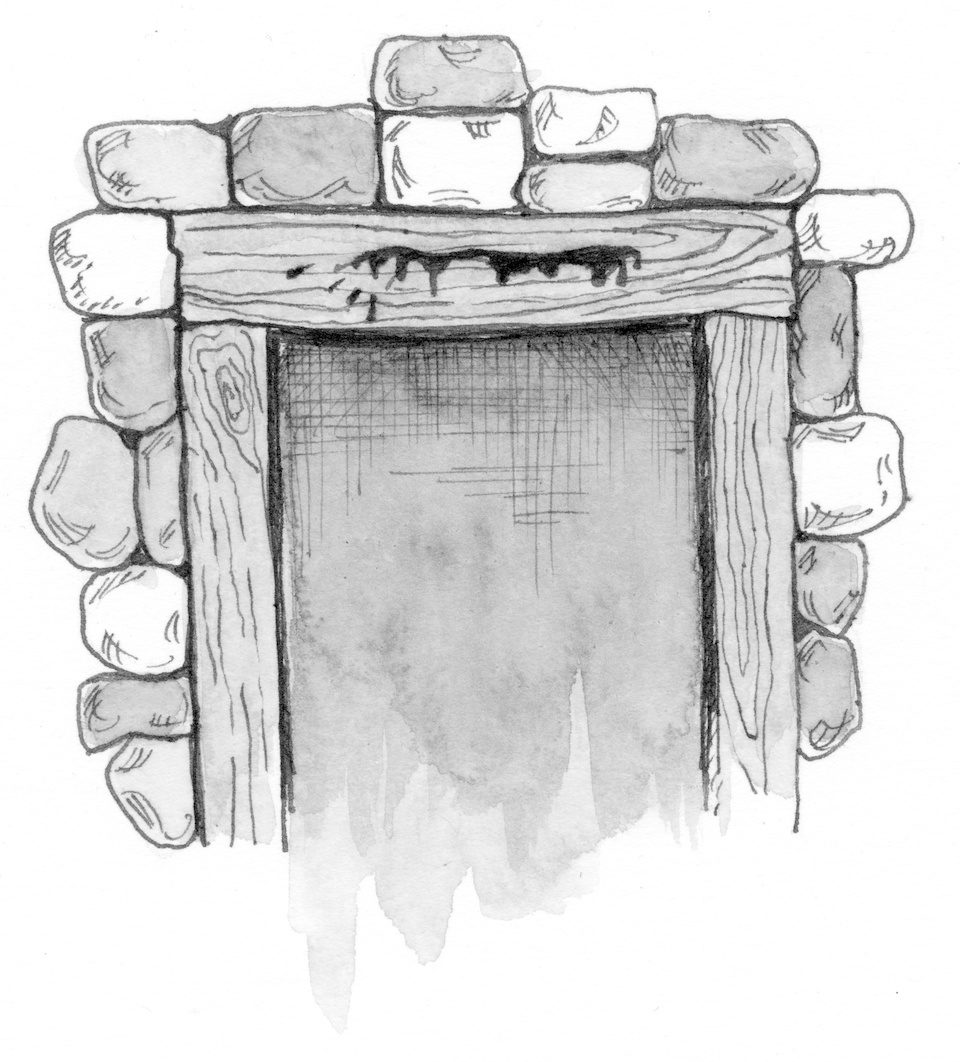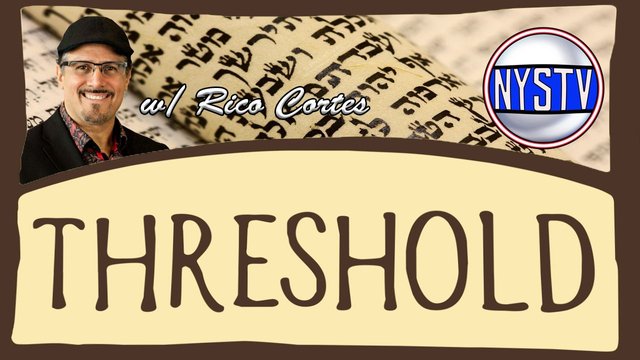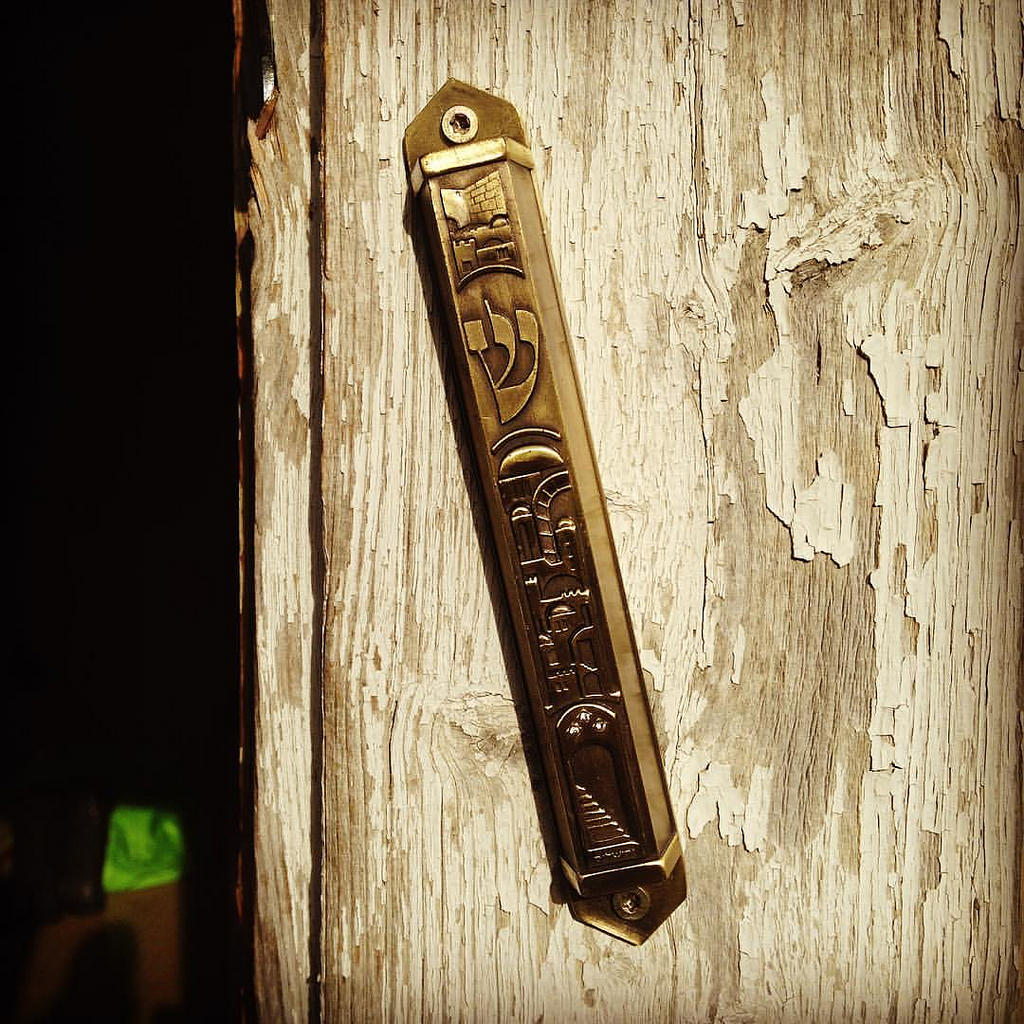Dating back to ancient Egyptian practices, and partially adopted by the Hebrew people, the dedication of the threshold as an altar to God is most recognizable in the Passover account in the Bible. You know.. the story where the Israelite slaves put the blood on the doorpost.

I recently interviewed Rico Cortes, a man who has taught on this ancient practice for many years, detailing how it can reveal important spiritual principles to Christians even today.

Regarding the topic Rico had this to say:
"Have you ever wondered why the children of Israel were instructed to put the blood of a lamb on the door posts and lintel of their homes during the original Passover? Yes, those houses with the blood were "passed over" by the plague of the death of the first born but did you know there was a more significant meaning to this ritual? Did you know there was an ancient Middle-Eastern custom called the Covenant of the Threshold? When a special guest would come to a house, an animal would be killed on the threshold of the home and when the guest stepped over the threshold of that house, then he became a full member of that family. When Yeshua died and His blood was spilled on the ground of the Mount of Olives, His blood was literally poured out at the threshold of the House of YHVH. You will never look at Passover the same way after you hear this teaching. You will learn how the Passover is the covenantal meal that makes you a full member of the household of Yah. I pray this teaching will bless you as it has blessed my personal relationship with my King."
Not only did this interview bring a rich context to events found in scripture, but also shed light on current events, such as when political leaders interact with foreign dignitaries, whether it is a current iteration of custom reflecting the threshold covenant, or perhaps a subconscious manifestation of the principles, it is fascinating to see it play out.

One such example discussed was the North and South Korean leaders and how they interacted in recent peace talks.
We also talked about how thieves in the middle east would not enter through the threshold because doing so represented entering into a covenant with the inhabitants of the house and their God. This is why they would come in through a window as to avoid a curse.

“Truly, truly, I say to you, he who does not enter the sheepfold by the door but climbs in by another way, that man is a thief and a robber. " John 10:1
For Christians the Messiah is the door to salvation, and reconciliation with God. Making it so that imperfect man, could be reconciled to a perfect God. The story of the Passover and the blood of the lamb covering the Israelites, and causing death to passover them, is a foreshadow of what Yeshua would accomplish, his blood being the final sacrifice for sins and granting life eternal.
Yeshua said " I am the door. If anyone enters by me, he will be saved and will go in and out and find pasture." John 10:9
This interview with Rico covered many other fascinating aspects to this ancient custom, and led us to discuss how Christians can practice threshold covenant today, by dedicating their house to the God of Abraham, Isaac, and Jacob. One such way is through putting a Mezuzah on your doorpost, or gates.

This is in accordance with Deuteronomy 6:4-9 which says: "
Hear, O Israel: The LORD our God, the LORD is one.b You shall love the LORD your God with all your heart and with all your soul and with all your might. And these words that I command you today shall be on your heart. You shall teach them diligently to your children, and shall talk of them when you sit in your house, and when you walk by the way, and when you lie down, and when you rise. You shall bind them as a sign on your hand, and they shall be as frontlets between your eyes....
This was a great interview! I have enjoyed Rico for years now! Love what he has been able to bring to this movement and teaching us aspects of history that for the most part were lost to history! Well done Jake!
Downvoting a post can decrease pending rewards and make it less visible. Common reasons:
Submit